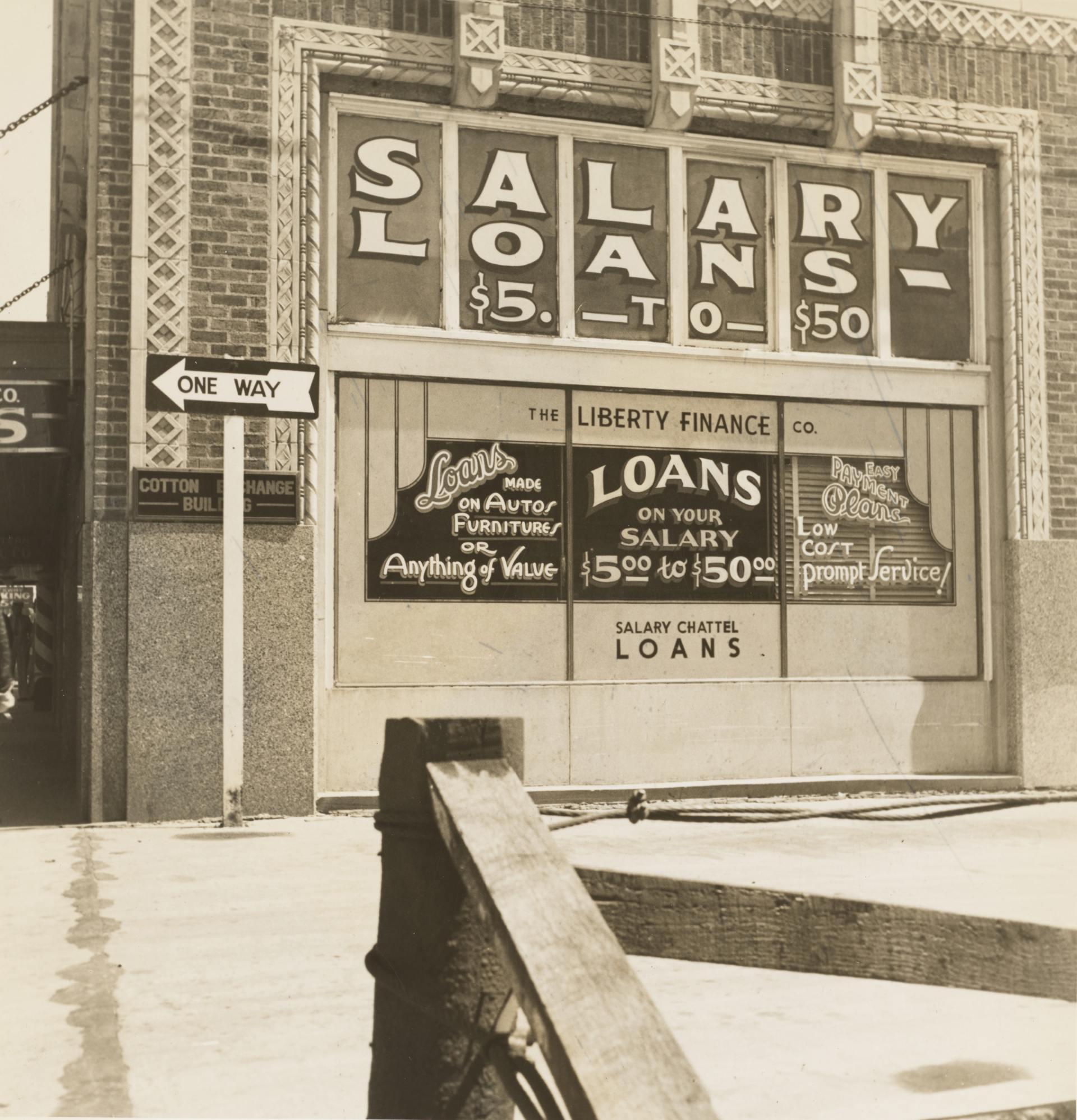What Is Compound Interest And How Has It Helped Me?
What Is Compound Interest And How Has It Helped Me?

Slide title
Write your caption hereButton
Have you heard of compound interest but still unsure of what it actually means or how it works? I’ve been there. By definition, compound interest is “interest on interest” which means that it is applied to both the loan and deposits made. You would do this by reinvesting the interest, rather than collecting it or withdrawing it. That way, you are gaining interest on your accounts existing principal sum AND the previously added interest.
How can compound interest help you?
This is how investors make more on the money they initially invested. This is attractive to investors because it means you not only earn a return on the initial amount of your investment, but also earn a return on your earnings. On the flip side, though, it also means that if you borrow money, you're charged interest on your interest.
A few examples of investments that compound overtime are:
1. CDs
Certificates of Deposits (CDs) is similar to a savings account but the difference is that it is time-sensitive and carries a higher interest rate than your traditional savings account. That interest rate is also fixed which means that it won’t change over the course of the account. My mom has been a long time advocate of CDs and has greatly benefited from the fixed rate that it offers. I recently decided to open a CD of my own for the purchase of my future multi-unit property. The time component is dependent on you but the longer you keep the money in, the more time you have to earn additional interest on your account.
Because I'm looking to buy next year, I didn’t want to sign up for an account that had a time limit of 1 year. After that, I can withdraw the money and use it for another investment. However, most banks have CDs that can last as short as 1 year or as long as 5 years.
2. Real Estate (REITs, rental homes)
Real estate is land and land isn’t disappearing anytime soon.
The one thing I love about real estate is that you can invest in multiple ways. The first way that I want to talk about is real estate investment trusts. Real Estate Investment Trusts (REITs) is a publicly traded company that owns, operates or finances income-producing properties. Think of large commercial buildings (like your job's office) and large apartment complexes (like the one you might be staying in now). Those are known as REITs and you can own a portion of them, just like you would own a portion of shares in Disney, Amazon and Apple.
For example, I have been investing in REITs since 2018 and it would have been smart for me to reinvest the income (also known as dividends) I received but I needed the cash asap. I was paying off my loans and building up my savings so I can purchase a home. The next ideal move for me, after I purchase my multi-unit property, is to reinvest the dividends. I will miss getting those quarterly returns but I know that when it is time for me to use the money, it will be more because I invested it. I wrote a whole guide to REITs here and tell you how they changed my life. The biggest misconception that I debunk is that you can invest in REITs and property (i.e. primary homes, investment homes) at the same time.
Now from a rental property owner perspective, let’s think about rent. Even if an investor decides not to reinvest the income from tenants, they can still win. For example, if a $400 weekly rent rises by 4 per cent a year, after 10 years it becomes almost $600 a week — helping the investor pay down their loan principal faster.
PS. Start investing in REITs now and pay $0 in advisory fees for 3 months with my link.
3. High-Yield Savings Accounts
High-yield savings accounts (HYSAs) are the intersection of traditional savings accounts and CDs, which we discussed earlier. The only difference is that the interest rate is variable, meaning that it can fluctuate according to the economy. Another important difference is that most HYSAs allow quicker access to your money in case of an emergency. I started with a HYSA and it was 1.20% APY. It’s now around .80% due to the market fluctuations. It sucks! But atleast i’m still earning something.
4. Stocks and bonds
Lastly, stocks and bonds work very similar to REITs which we discussed earlier. Some companies offer dividends to their shareholders while some don't. The great thing I like about REITs is that they are required to pay 90% of its revenue to investors (like me and maybe you). It is then your decision to keep the returns or you can reinvest them. For my REITs, I am keeping the profits (for now) but for my retirement account, I reinvest with my wealth manager so that I can take advantage of the compound interest. For my buy and holds, I manage them through Robinhood and M1 Finance. Robinhood is the most mobile-friendly and user-friendly platform and M1 Finance allows me to peak at other portfolios and set goals according to what I want to accomplish (i.e. Retirement, saving for a big purchase, collecting dividends etc.).With both, I reinvest my dividends so that they can compound overtime.
NOTE: If you use my Robinhood link, you get a free stock if you sign up for a new account. On the contrary, if you use my M1 Finance link above, you get $10 added to your new account to invest in. Don’t say I don’t give you free game or free money! It’s right there.
How can compound interest work against you?
In the complete opposite way. Compound interest works in the interest of the lender. This can include student loan companies, banks, credit card companies etc. When you use credit and don't pay off the entire amount by the initial due date, you are setting yourself up to pay compound interest. That is one of the many reasons why I was eager to pay off my debt, car note and anything else that was “borrowed” to me. I urge you to do the same sooner than later because if your initial loan was $1,000, you could end up owning double of that if you never touch it or pay on it.
What questions or concerns do you have about compound interest? Comment below!
CONTACT ME
Thank you for contacting me!
I will get back to you as soon as possible.
Please try again later.
Get one step closer to financial freedom!
Join the Maximized Money gang (MMG), where I regularly send tips, news, and lessons from my financial journey to your email.
Thank you!
You have successfully joined the MMG. It's lit! Check your email inbox.
Ps. Are we connected on social media?














